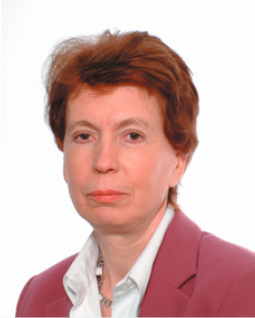Who Needs Elderly Men in Estonia
The article discusses the social isolation of Estonian men aged 60+ and their participation in community life which has been studied relatively little so far.
The population is ageing in the whole world as well as in Estonia. However, the increasing life expectancy means that the elderly, including particularly men, tend to be socially excluded rather than participate in community activities and thereby keep up their cognitive and physical abilities (Reynolds et al. 2015).
SHARE studies show that, in Estonia, pension-aged people are more often passive in both social and individual leisure activities in comparison with other European countries (Tambaum 2013).
The article can be divided into three sections. The first part of the article gives an overview of the theories on ageing accepted in the world today, and justifications that help explicate the passivity and social isolation of elderly men (Golding et al. 2007; Garragher, Golding 2015; Mark, Golding 2012). The second part of the article surveys the situation of elderly men in Estonia and analyses how men have adapted to the life when they reach advanced middle age. The third part gives an overview of some of the results of the project “Old guys say “yes” to community”, organised within the framework of the Erasmus+ (2016) programme. In the project, 94 Estonian men aged 60+ were interviewed, and local government workers and representatives of associations participated in the study.
The interviews carried out in South Estonia revealed that although organisations oriented at elderly people have been established, the possibilities of elderly men depend on the specific location. In small villages, where young people have left and there is no strong village community, there is no social life, there are no activists, and there is no place to socialise (there is no school, cultural centre, library or day centre). Men aged 60+ often lack transport opportunities to travel to neighbouring cities or villages to attend events or participate in regular joint activities. Finding the more passive men, obtaining contact with them, and giving arguments as to why their community activity is necessary to them personally and to the community, is a serious problem. In larger cities and villages, there are also more organisations where older men can participate. At the local level, much depends on how the local government sees the elderly, whether it notices and values older men and women, if premises and financial support are offered, and if instructors and activists are supported. The article concludes with recommendations to local government leaders and non-governmental organisation and community activists to involve elderly men, and a proposal to establish a system of refresher training for people who work with seniors.

